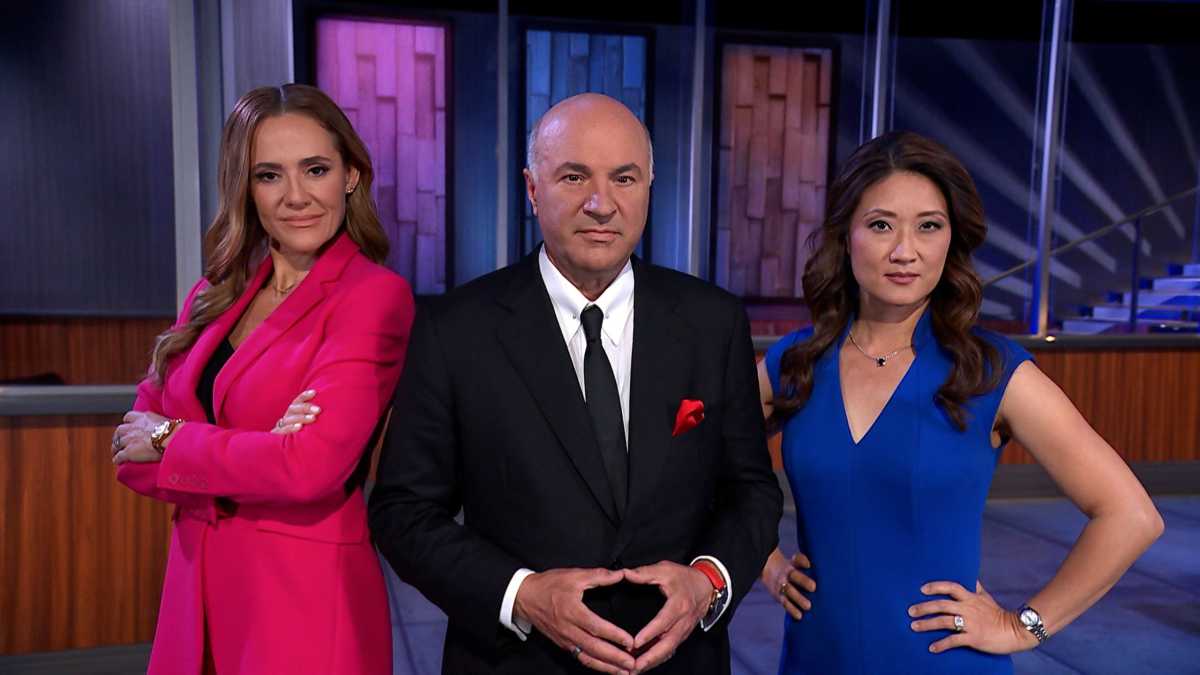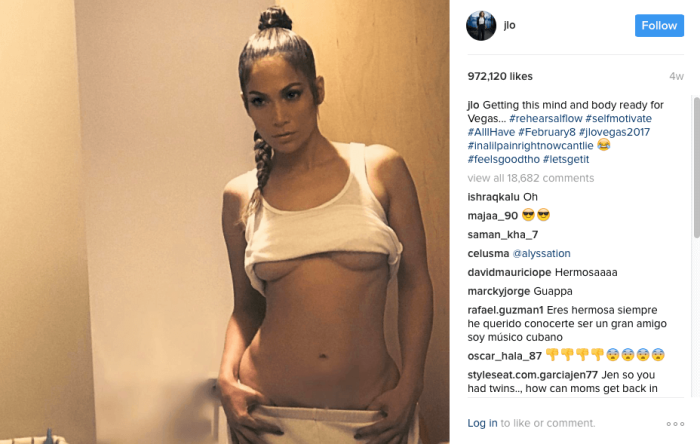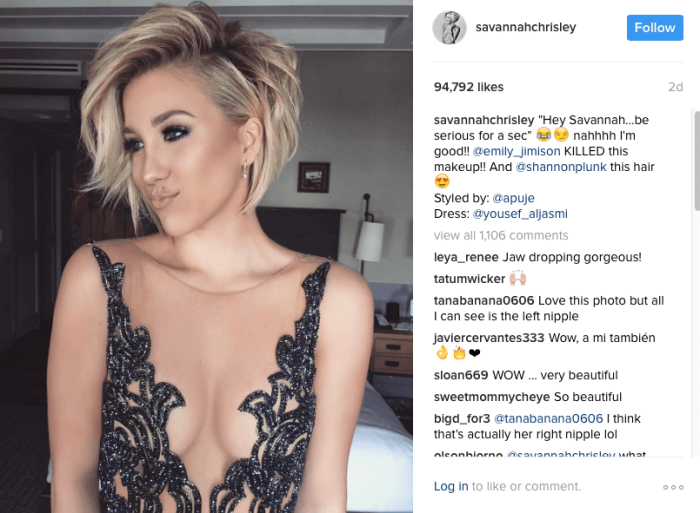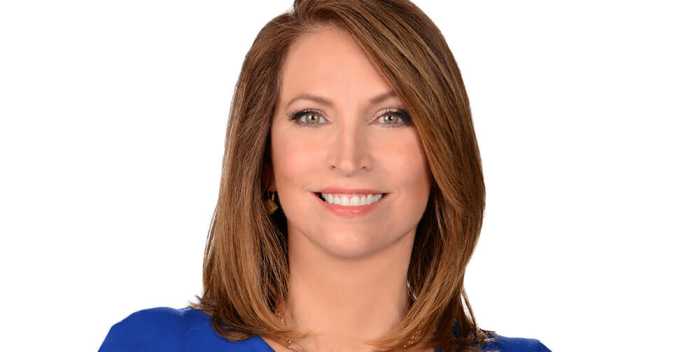We’ve all heard the phrase “Money talks,” but sometimes can money fight? In most cases on CNBC’s latest show with Kevin O’Leary, it certainly does.
‘Money Court’ follows Shark Tank’s Mr. Wonderful as he maneuvers the tricky waters of financial disputer between businesses, which often means families. Using his own knowledge in litigation, he and veteran trial attorney Katie Phang and former judge Ada Pozo try to find the best path to success for businesses through all of the financial and emotional turmoil. The strategy is to get to a settlement that will lead to success, but as you can guess, the journey there takes some tears, some fighting and lots of listening on O’Leary’s part.
Mr. Wonderful sat down to discuss just what makes this show incredible television, and why this was something he knew was going to be a hit right away.

Why did you want to be a part of this show specifically?
I remember the day that happened. My agent, that I’ve had a long relationship with, hates everything and says no to everything. [But] one day, it was about 5 o’clock and I was in the kitchen and the phone rings and he’s out of his mind excited. He says to me, ‘I just got pitched this show, and you were born to do this, we have to do this show.’ I said, ‘Wow, OK, send me the dek,’ and he said, ‘No dek, we’re going to get off the phone and you’re going to get a call from the CEO of CNBC, he’s personally going to pitch it to you.’ That’s exactly what happened. And I loved it.
My agent has been around a long time with this business, he’s one of the longest-lasting executives and I think he recognized this idea as something that would work for me and he was right. I do this every day anyway and I’m doing this all of the time. I’ve got 30+ companies who are always in conference situations, we’re always trying to settle litigation, we’re always trying to work stuff out because we know it’s the path of least resistance to grow the business. So I’m doing this every day. This is for me, this is what I do.
What are some examples of money troubles or disputes that show up on the show?
What’s happened since the pandemic is that we probably have a log jam of seven years of cases in courts and the problem having a dispute in business is that it [hinders] your growth. You’re now not focused on your customers, not on growth, but you’re fighting about money. So the arbitration of these clients is very, very important to me. This is just a television show that happens to record it happening, but these are real cases, real money, real people, real families and it’s really quite powerful emotionally.
Sixty-five percent of new jobs in America come from small businesses, which are basically family businesses. That is the essence of our economy, and with families, there is always tension, there is always sibling rivalry, there is always jealousy and all kinds of tensions that can pull you away from the business. That’s what we’re trying to resolve. We’ve got landlord lawsuits, we’ve got product lawsuits, we’ve got husband and wife teams severed because of money, we’ve got a mother and daughter suing each other—you name it. We’ve got cases where people are doing so well that now they’re jealous of each other and are fighting over success. The cases are extraordinary and that’s what makes incredible television.
What do veteran trial attorney Katie Phang and former Judge Ada Pozo help bring to the show?
Ultimately these are lawsuits and this is litigation. It has to be looked at through the lens of the courts and I need to look through the lens of what the law says about each case. It’s important information, but it doesn’t necessarily mean that I’ll side with them. What it means is that I need to understand what the law would do and then I’m going to do what’s right for the business which very often is the same thing, but sometimes it isn’t.
Ada Pozo has an amazing bullsh*t meter, she knows when she’s being strung out with some lie. I can just feel the tension when she’s listening because she’s seen it all before. She’s been on the bench for a long time and everybody went in there and tried to lie to her—but she understood what was going on. Katie is like a cobra…she’ll just jump on you the minute she feels like you’ve gone offside. So, I love that. I feel like they’re very powerful, strong women who know the law and provide me with the information. Ultimately, it’s my decision, but I think it works. We found our cadence together and you just never know when you’re shooting a show what’s going to happen. You can crack this or read the format and all that stuff but you don’t know until you take the time.
Are some cases tricker than others?
I’ll tell you when it gets tricky is when it’s a family ripped apart and there’s a lot of emotion, particularly between siblings or parents and children. There’s a blood length, there’s an emotional tie, there’s a lot of emotional damage sometimes and it’s not just financial. That really weighs on me because I know I’m making decisions to try and restore [a] family unity. We have many of those cases and they’re the most difficult, but it’s also the most incredible television.
When we were taping, everyone was just hooked to the monitors on the screen watching it and when we had to break for makeup, the woman who was doing my makeup said [about a case] I don’t think you made the right decision on that one, I think you were really too hard on her. I thought wow, she’s totally engaged in the show, she’s totally into it. Then I knew we had a hit right there. When the cameraman is watching it, you know it’s great television.
Why is this a show that should be on television?
Because you’ll find yourself in every case somewhere. People are going to see their own families and their own stories and their own parents and own brothers…It’s all there. It’s the patina of life from the perspectives of families and money and business. It’s all mixed together in a giant pod of what’s really going on there. Everybody that watches says that they see themselves there, they see their family members there, they’ve seen this happen before. I think it’s incredibly educational, even for me. I’m learning a lot just about people and what makes them tick as I go through these cases. You’re watching it and you say, I never thought of that.
You can tell on some of these cases that these people are emotionally [involved], you just know it. There’s such diversity in the cases and there’s so much backlog as I mentioned earlier, and we want diversity, we want different businesses and we want different sectors. But the essence of each case are two people and a business and their journey and that’s what makes it work. It works because it’s never the same. Every time the litigants come out, it’s a brand new story.
‘Money Court’ premieres on CNBC Aug. 11.




























